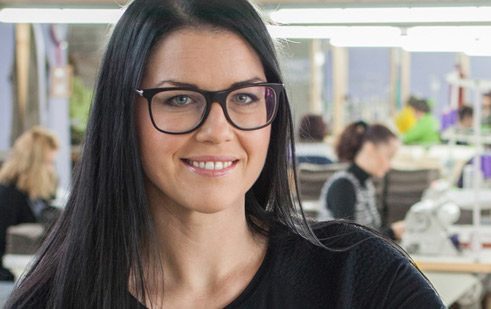Solidarity economy
Increase the gross national happiness

In many places people are experimenting with new forms of economic activity. But there is not yet a common theory of the “solidarity economy”.
Everything that Alex Shure invents he posts on the internet. Free of charge. Anyone can use the plans, adapt them to his own needs and recreate the things. At the website of the young man from North Rhine-Westphalia, you can find a hand-caressing wooden cube with a built-in electronic kit: it can be used to dim lamps wirelessly. How to construct a bicycle tractor with an electric motor for small vegetable farmers is also described there. Shure developed it together with other designers at a festival in France.
The tinkerer is part of a movement for “open source hardware”. While the system of the growth economy results in a few companies supplying the bulk of the global market, Shure and his allies want a decentralized form of production, based on regional conditions and needs. Patents he thinks are nonsense: why shouldn’t you share good ideas so that others can use and improve them? Shure doesn’t need a lot of money to live. Now and then he photographs weddings or helps small companies with their software problems.
Farmers and consumers share harvest and risk
But it is not only young people who are trying out the path of a “solidarity economy”. In recent years various projects have emerged that are governed by other standards than those of the profit motive and competition. Along with big city exchange platforms and repair workshops, these include solidarity farms. In Japan they are common; in Germany for a long time there was only the Buschberghof near Hamburg, where farmers and consumers share the risk and the harvest. Within a few years the number of such farms has increased to more than a hundred.Cooperatives, which have been around since the Middle Ages, are also experiencing a revival: mergers of people who found an enterprise on the basis of shared values. Each member has an equal say, regardless of how high his share is. In Germany it is above all renewable energies that have given cooperatives and similar associations a boost. In the Bavarian “energy village” Wildpoldsried, the residents have taken care that everyone has something from the switch to electricity from renewable sources. The wind turbines now belong to dozens of families, and not only the farmer but also his neighbours receive lease income for the sites.
Gaining more power over everyday life
There are many approaches to a solidarity economy, but the term has not yet been clearly defined. Nor can its supporters be politically situated. What unites them is that they want to gain more power over their everyday lives. They want to know how the things they consume originate, and not be dependent on anonymous corporations.In any case solidary economy sees economics as only a part of life. For many indigenous people in Latin America this goes without saying. They have developed the approach of “buen vivir”, which aims at a life in harmony with the community and nature, and has been adopted as a state goal in the constitutions of Bolivia and Ecuador. In southern Africa the “Ubuntu” philosophy is a similar approach. In contrast to the idea of an autonomous individual, here relationships are central: “I am because you are”.
In Europe too companies have realized that the fixation on profit destroys nature and can be carried out only at the expense of other people and future generations. Many compile so-called “public welfare balances”. In these they examine their supply chain and document their efforts to reduce transport, energy and raw material consumption. The well-being of employees, suppliers and customers is also part of these balances.
Fair wages, fair prices
That within capitalist structures things can be managed in accordance with different values has been proven by the young German entrepreneur Sina Trinkwalder. Her company Manomama belies those who maintain that in Western Europe high wages make it impossible to produce textiles. The 140 employees in her enterprise are mainly older woman, single parents or disabled people, all of whom earn at least 10 euros per hour. In Bangladesh, a seamstress is paid the equivalent of 50 euros a month.How does this work? Trinkwalder spends nothing on advertising and pays herself the same wage as she does her staff. She asks fabric companies how much money they need for production and accepts this price without bargaining. She expects the same from her customers, to whom she discloses her calculations. The amazing thing is that the products of Manomama are no more expensive than are those of the major retail chains. Wunder muss man selber machen (i.e. Miracles You Have to Work Yourself) is the title of the book she has written – a fitting motto for the solidarity economy